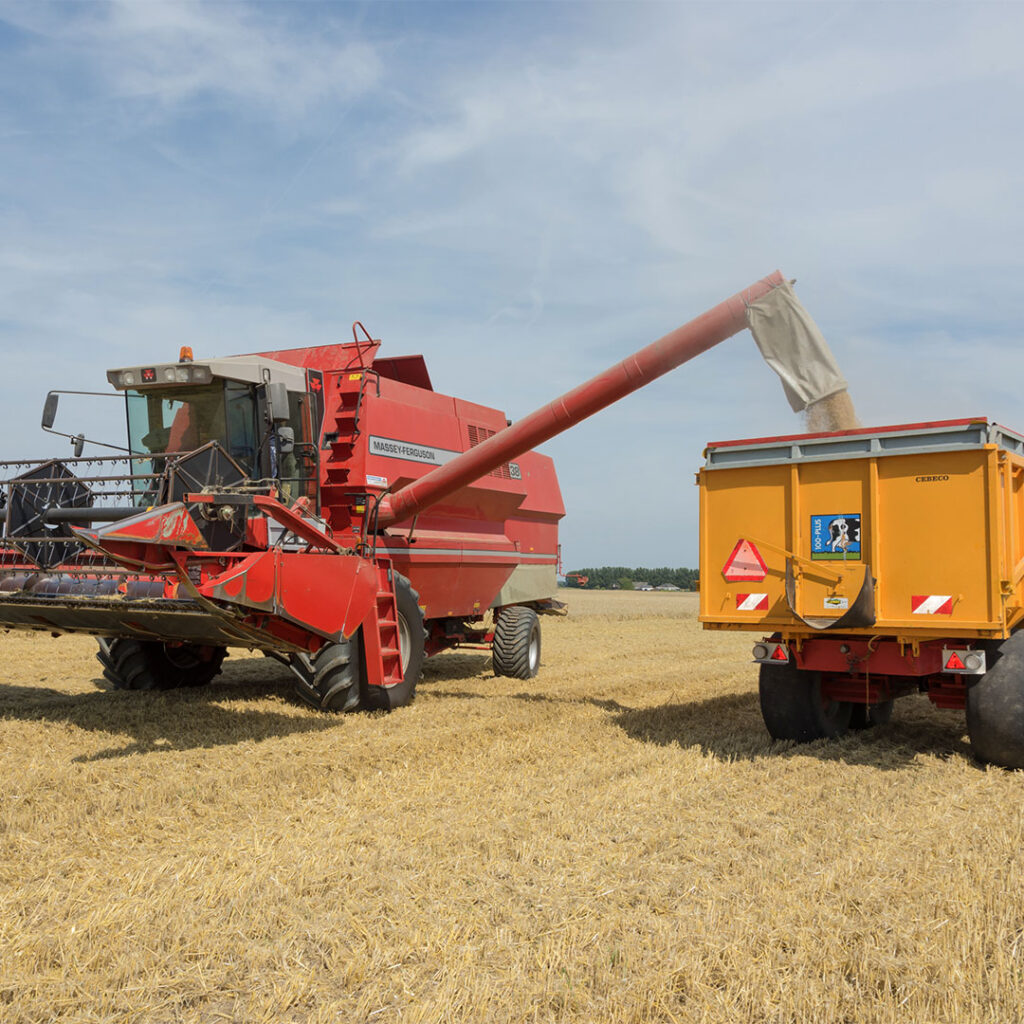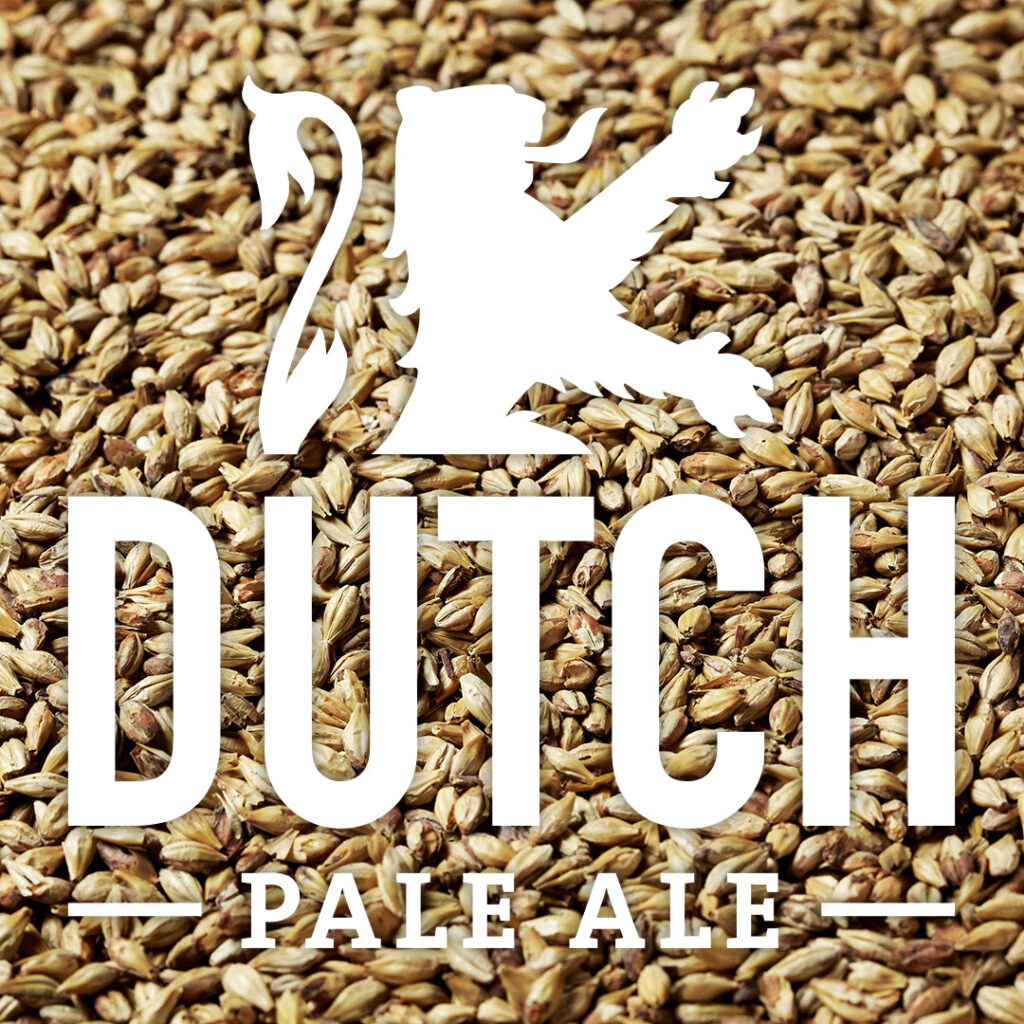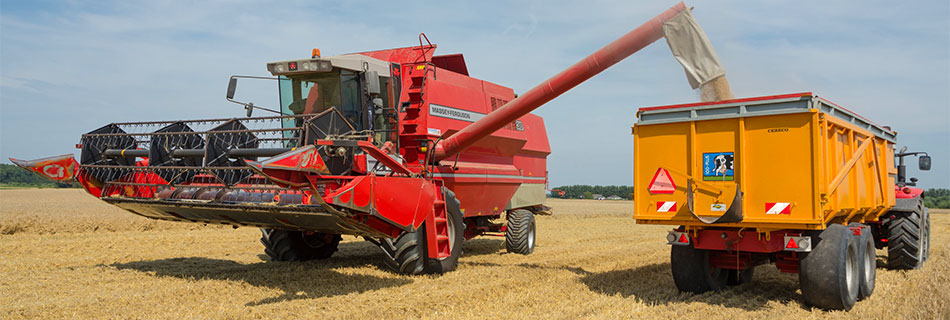We often receive questions about the difference between Swaen Ale vs. Swaen Dutch Pale Ale. The short answer is origin, but there’s much more to it than that.

Similarities between Ale vs. Dutch Pale Ale
First and foremost, both malts enhance pale malt, creating a full golden beer. Additionally, unlike overmodified malts, they undergo normal modification, ensuring a balanced flavour. Moreover, they are not just darker base malts – they bring a distinct character to unique recipes.
Brewers choose these malts when they want to enhance colour without affecting the base malt’s enzymatic properties. At the same time, both malts contribute to a richer, deeper flavour. While they share these qualities, they also have key differences.
What makes Dutch Pale Ale unique?
Dutch Pale Ale stands out primarily because it is made from 100% Dutch barley. To achieve this, we collaborate closely with top local growers. As a result, we can trace quality at every stage, ensuring consistent excellence in every batch.
Furthermore, sustainability is at the heart of this cooperation. Our goal is to continuously improve barley production while also establishing a strong supply chain. By working together, we ensure a steady supply of high-quality malting barley. This careful process benefits both brewers and farmers. On the one hand, brewers gain exceptional consistency and high-quality malt. On the other hand, farmers receive valuable support in growing premium barley.
Why choose Dutch Pale Ale malt?
Thanks to its superior quality, Dutch Pale Ale malt is perfect for classic Pale Ales, bitter beers, traditional English styles, and strong export beers. Additionally, its exceptional consistency ensures versatility and reliability, making it a trusted choice for brewers.
This malt delivers a smooth, well-rounded flavour that enhances a wide range of beer styles. Whether you are brewing a sessionable bitter or a robust IPA, this malt provides the ideal foundation.
A tribute to tradition
Get to know Swaen Dutch Pale Ale. More than just a malt, it is a tribute to those who have contributed to the success of Dutch barley and beer. Not only is it ideal for Pale Ales, IPAs, and NEIPAs, but it also works seamlessly in most traditional English beer styles. Additionally, it serves as an excellent base malt for a wide range of beers.



